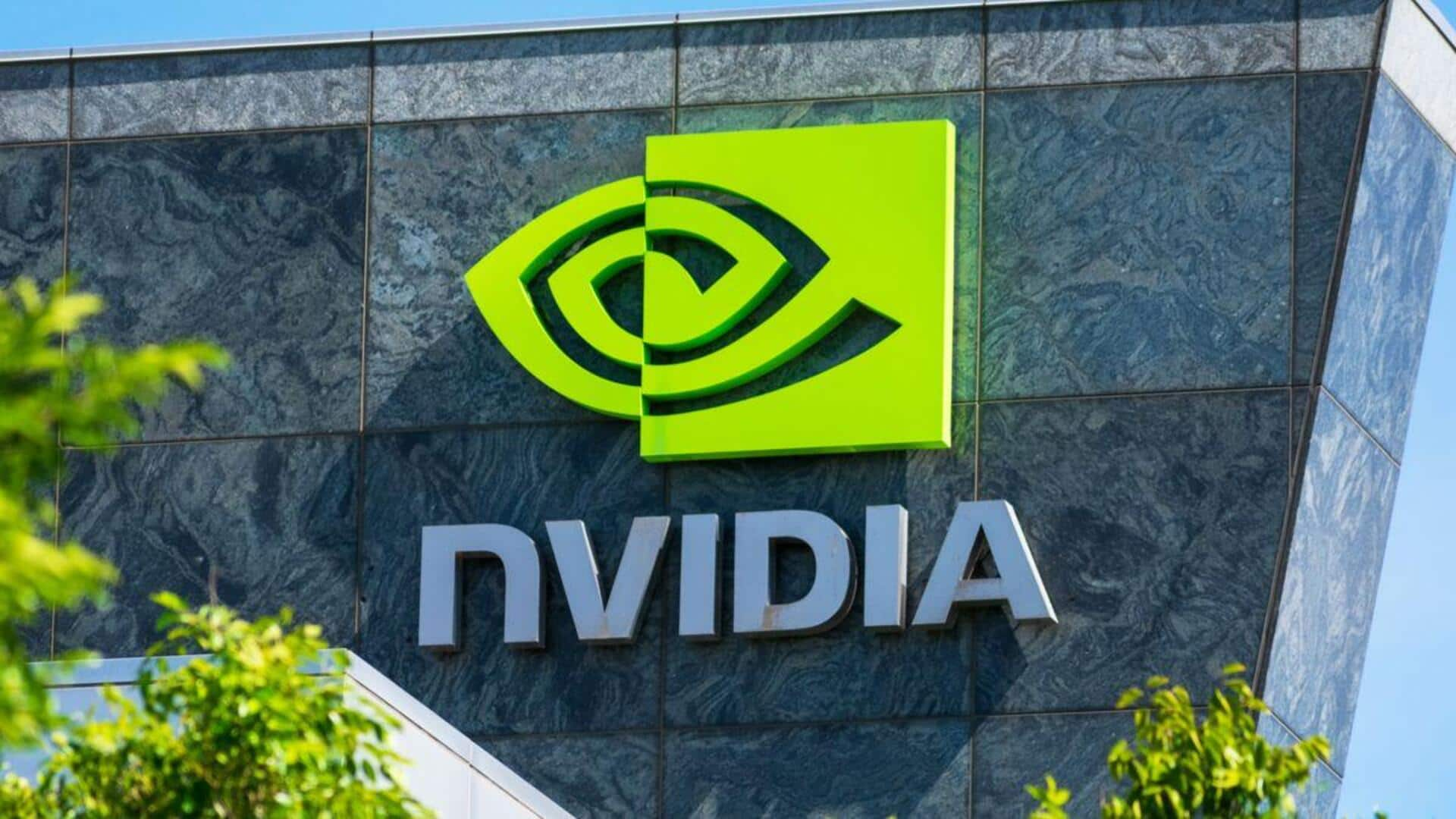
NVIDIA to build AI cloud for BMW, Mercedes-Benz in Germany
What's the story
NVIDIA is set to build its first artificial intelligence (AI) cloud platform for industrial use in Germany. The announcement was made by CEO Jensen Huang at the VivaTech conference in Paris. The innovative technology will integrate AI with robotics, and will be used by automakers like BMW and Mercedes-Benz for a range of tasks from product design simulation to logistics management.
Expansion strategy
Plans to launch compute marketplace for European businesses
Huang also revealed plans to expand technology centers across seven countries and launch NVIDIA's compute marketplace for European businesses. The company intends to support multilingual AI model makers and assist drug discovery efforts by companies like Novo Nordisk. "In just two years, we will increase the amount of AI computing capacity in Europe by a factor of 10," Huang said during his nearly two-hour-long presentation.
AI infrastructure
AI factories to be built across Europe
Huang also announced plans to build 20 AI factories across Europe. These large-scale facilities are specifically designed for developing, training, as well as deploying AI models. Despite Europe's slow progress in AI tech compared to the US and China, the European Commission has pledged $20 billion to build four AI factories as a separate initiative.
Strategic alliances
Partnership with Mistral for AI computing systems
NVIDIA has teamed up with European AI leader Mistral to develop AI computing systems powered by 18,000 of its latest chips. The move is part of Huang's vision for "sovereign AI," which he believes is a necessity that no firm, industry, or nation can afford to outsource. He has been stressing the need for businesses to adopt AI technology globally and warned about the risks of falling behind in this race.
Quantum leap
Quantum computing technology at critical juncture
Huang also emphasized that quantum computing technology is at a critical juncture. He said quantum calculations could solve problems that would otherwise take years of processing from NVIDIA's most advanced AI systems. "Quantum computing will solve some interesting problems in the coming years," Huang said, reiterating his belief in its potential to revolutionize problem-solving capabilities beyond current limitations.